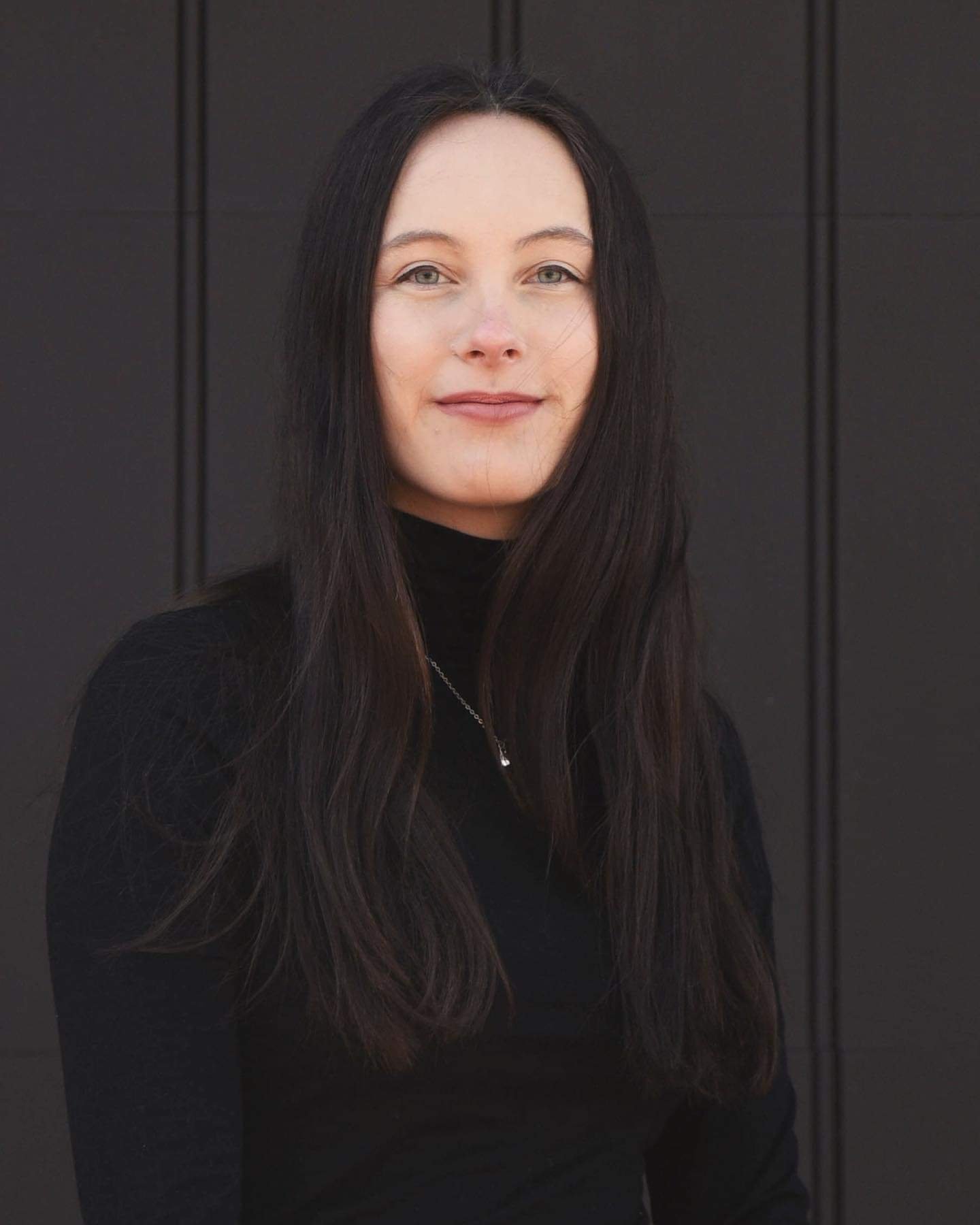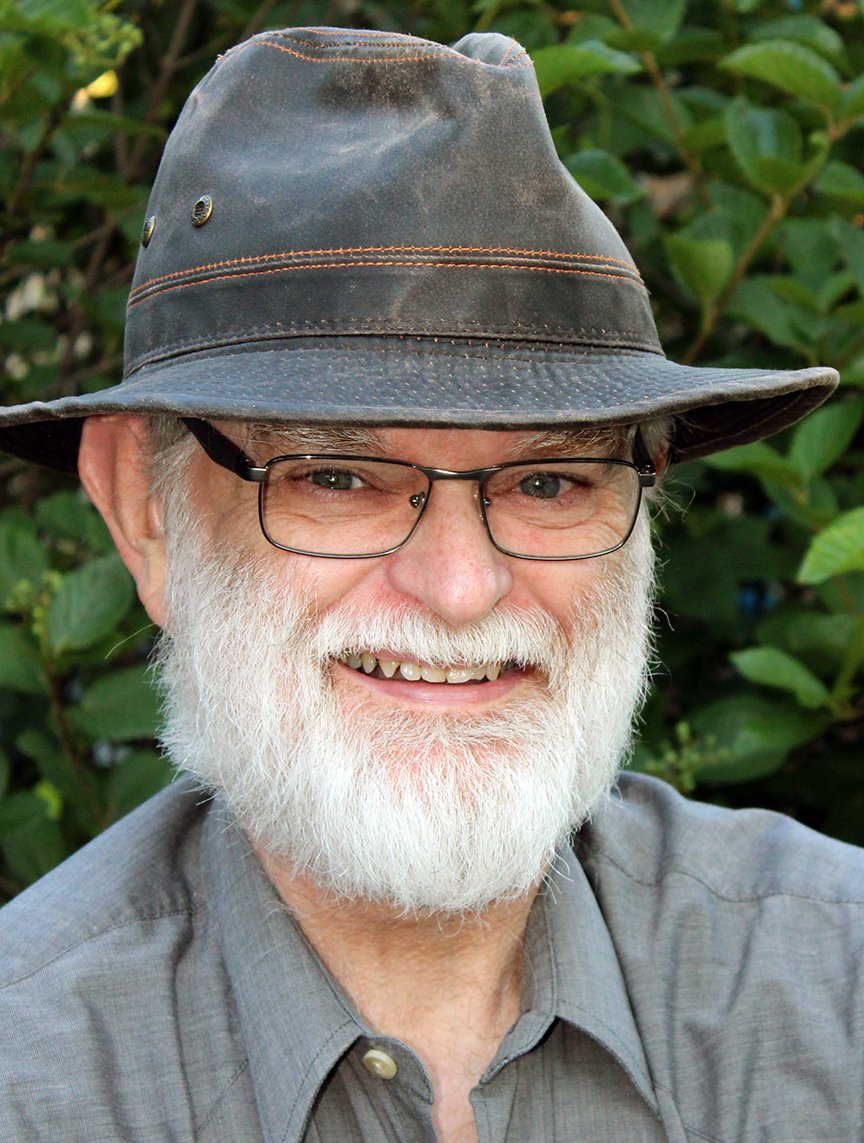Poetry
Selected by LaWanda Walters, author of Light Is the Odalisque
“Revenge Enough” by Chris Abbate
Chris Abbate
Followed by author bio
Revenge Enough
Some boys didn’t like
how he kept to himself,
how he circled the basketball pole
during recess, kicking gravel.
They didn’t like how he tried
to befriend them once,
how he smiled too much
and asked too many questions.
I remember their irritation,
on three occasions how they cut
the air with their fists,
splitting his chin on the playground,
his head shooting back,
a deer in the crosshairs.
And I remember them getting away with it,
boys for whom violence was incidental,
who learned to love in reverse, who crossed
themselves beneath the crucifix in our classrooms.
I saw a picture of the boy today, years later,
retired Air Force captain, slight smile, metal gaze,
and recall how he never retaliated,
how his resilience was revenge enough.
###
Chris Abbate’s poems have appeared in numerous journals including Connecticut River Review, Cider Press Review, and Comstock Review. He has been nominated for the Pushcart Prize and a Best of the Net award and has received awards in the Nazim Hikmet and North Carolina Poetry Society poetry contests. His first book of poetry, Talk About God, was published by Main Street Rag. His second book, Words for Flying, is forthcoming from FutureCycle Press. (chrisabbate.com)
Natalli Amato
Followed by author bio
Leslie
when I see a friend turn into a mom
on instagram glamour shot
with the baby posed near tactful cleavage
I can’t help but to think of the photo album under the wicker table
in my cottage full of 4 x 6 prints from a disposable camera in the 90s
of my mother and all of the other mothers who mothered
me and all of the beach kids all at once all together
in particular I think of this one photo of Leslie
where her hair is thrown up in a clip
she’s standing underneath the birch tree
in a white tee and a probably old navy zip up
and the camera has caught her mid rhode island sentence
her lip turned up just a little bit
if the picture was from later on she might be saying
are you kidding me
to all us kids for stealing her liquor and thinking she wouldn’t know
if life was different altogether
she might be saying nothing and it might just be a portrait in a gallery
but it is from rhubarb plants growing wild in the backyard
dozen towels on the line and
I know she’s addressing a picnic table
telling us how to paint rocks the good way
and if she was conscious of the camera at all
she might turn her head
break the third wall and say
who cares
###
Natalli Amato is a poet and journalist living in Burlington, Vermont. She is the author of two full length poetry collections, On a Windless Night and Burning Barrel. Her chapbook, Gone Walking And Other Departures, is forthcoming from Illuminated Press. Natalli has been nominated for a Pushcart Prize and for the Best of the Net Anthology. She writes for Rolling Stone, Vice, Chopra Global, and Taste of Country.
Jessica Barksdale
Followed by author bio
Struck
My best friend’s dog has a stroke & is finally put down,
laid in the earth, planted, gone. Without thinking,
I allow two unmasked people into my home
to view a washing machine I’m selling for fifty
dollars. Too late, I realize my mistake and wonder
if the price is worth dying for. At least the clunking
thing will be out of the house, my legacy. My mother
rages against dementia in her assisted living facility, plotting
my demise, while meanwhile, literally across town, I pack
up to move into another house that won’t be finished
when we arrive. Floors? Window sills? At least we will have
a new washer. It’s all so interesting, even when it is deadly.
Now, my two live dogs gallop the lawn, barking at flickers,
blue jays, the neighbor’s husky, Loki, who is low key.
The morning sun breaks through the clouds & I am alive.
Oh, yes, I am, basking in the horror, confusion,
& mistakes of the universe, as well as my private solar
system of errors, multitudinous & rife. The sins of my fathers,
mothers, and associated kin. The sins of myself along
with the songs. The grass is still green, the lake I will paddle
across this afternoon wide, deep, & wet. The scene in the book
I’m reading. The mother searches out the grave of her child, thrusts
her arms into the dirt to find his skull, loving him the only way
she can, earth up to her elbows, the child put down. How wonderful,
marvelous, how painful to the heart, the bone. I sip my coffee,
pull out a doggie poop bag, my daily occupation.
The robins chatter, waiting for worms. I fossick in the gravel,
clutch & scoop, look up.
###
Jessica Barksdale’s fifteenth novel, The Play’s the Thing, and second poetry collection, Grim Honey, were both published Spring 2021. Her novels include Her Daughter’s Eyes, The Matter of Grace, and When You Believe. A Pushcart Prize and Best-of-the-Net nominee, her short stories, poems, and essays have appeared in or are forthcoming in the Waccamaw Journal, Salt Hill Journal, Tahoma Review, and So to Speak. Her work has been recognized and honored by The Sewanee Review, The Wigleaf, The North American Review, and The Ocotillo Review. Recently retired, she taught at Diablo Valley College for thirty-two years and continues to teach novel writing online for UCLA Extension and in the online MFA program for Southern New Hampshire University. She lives in the Pacific Northwest with her husband.
Tim Hunt
Followed by author bio
###
Tim Hunt is the author of four collections: Ticket Stubs & Liner Notes (winner of the 2018 Main Street Rag Poetry Book Award), The Tao of Twang and Poem’s Poems & Other Poems (both CW Books), and Fault Lines (The Backwaters Press). His fifth collection, Voice to Voice in the Dark, is forthcoming from Broadstone Books. Recognitions include The Chester H. Jones National Poetry Prize. Originally from the hill country of northern California, he was educated at Cornell University. His final teaching post was Illinois State University where he was University Professor. He and his wife Susan live in Normal, Illinois, which is not hill country.
Eric Nelson
Followed by author bio
ScoutS
Those who are gone from us—
I hate calling them
the dead. It makes them seem
so serious, if not symbolic, so heavy
with the knowledge they carry.
Let’s not forget that those who left
were light-hearted and surprising:
my mother at the dinner table
pulling a derringer from a hidden pocket
and shooting her grandson in the forehead
with a single, sharp bullet of water. This
after a day of the boy sneaking up
on aunts and cousins and drenching them
in rapid fire super-soaker. He was pleased
with his mischief but not as pleased as
the family when Granny meted out justice.
The boy, she said, had been a horse’s rosette,
her vivid euphemism for asshole.
This morning I woke early in the dark
with a terrible ache to talk to her again,
thirty years since she went to her Great Reward,
a term she favored for its irony
since she believed that the Reward is a choice
between going up in smoke
or lying deep in the dirt, both of which
sounded better to her than pearly gates
and eternal perfect boredom.
I don’t know why I wanted so badly
to hear her strong voice, her robust laughter.
Or why it was suddenly important to ask her
about the origin of horse’s rosette since I’ve never
heard anyone but her and all of her descendants,
including me, brandish it like a coat-of-arms.
Of course, she didn’t tell me, but I heard
her voice, heard her say Scouts, call us scouts.
And it made sense, the ones who go ahead
to make sure the trail is clear, the water safe.
The ones who leave signals for the rest—
a white ribbon tied to a cactus, an arrow
painted on a boulder with beet juice, a secret
word carved into a tree. When I ask her
if she left signs for me, her laughter ricochets
in my head like a bullet echoing across a canyon.
###
Eric Nelson’s poems have appeared in many print and online venues, including The Sun, Poetry, The Oxford American, Poetry Daily, and Verse Daily. His seventh book of poems, Horse Not Zebra, is forthcoming in 2022 from Terrapin Books. He lives in Asheville, North Carolina.
Claudia Putnam
Followed by author bio
Little Men
If god taunted the lofty land
of New Hampshire, where I grew up,
with little men,
here in Colorado
we fade into the atmosphere,
which is very thin.
The Rio Grande rises.
The west wind prevails, out of wilderness
so vast some say it still
harbors grizzlies. Sasquatch. Experts
lined up against believers and seers.
I’m a believer so you know—
As a kid in New Hampshire, berrying, there came a crashing. My mom up ahead
with the car on the wagon road, where the spooky old cellar holes were. I’d seen
and heard bears, seen and heard deer, that crashing just didn’t feel like bear or deer.
I started running,
there came my mom fish-
tailing down the road
dust pluming, she had the door open,
she said get in the car
I said how did you know she said
I just had a feeling.
No grizzlies in the Sangre de Cristos,
just UFOs, locals say. Weird energy
ringing the valley. UFOs
to the east, Sasquatch to the west.
Town of Saguache in the middle,
named by the Utes, the Nuche.
Reminder it’s not my legend. I’m agnostic
on UFOs, but as far as weird energy goes,
I’m in.
I come to the San Luis Valley when I’m shattered,
or just tired, or feel I’ve lost my soul.
Having spent too much time marketing software,
having stopped believing in Sasquatch, or weird energies.
Having forgotten which is the weird energy.
The mountains extra fierce
this time of year, mantled in snow,
Mountains of the White Light, someone
not credible said the Utes called them;
but it could be true. Flanked in hematite,
peaked in red, under the snow.
They make the air go rose.
They make the dunes go gold.
The sage across the valley is purple and green and gold.
From the dunes, so high up,
you can see just how little
are the men down in the ranger
parking lot. Dunes like Middle Eastern
waves of sand, Conquistadores like the Romans, sacrificing
everything upon the altar of empire.
So here we are, on the frontier,
which seems empty
from up here.
Sky as deep as the ocean, at night
full of stars blocked by the Sangre wall from Denver's
smear of light, full of other
lights that move in mysterious ways,
the valley floor empty of houses but full of sage
or irrigated vegetables, full of organic cattle
and their unexplained mutilations.
###
Claudia Putnam lives in Western Colorado, where she has a limited practice as a craniosacral therapist working with humans and animals. Her debut collection, The Land of Stone and River, won the Moon City Press poetry prize and should be out in early 2022. A long personal essay, Double Negative, won the Split/Lip Press CNF chapbook prize and is forthcoming in March 2022. She’s had a few residencies, including the Bennett Fellowship at Phillips Exeter Academy.







